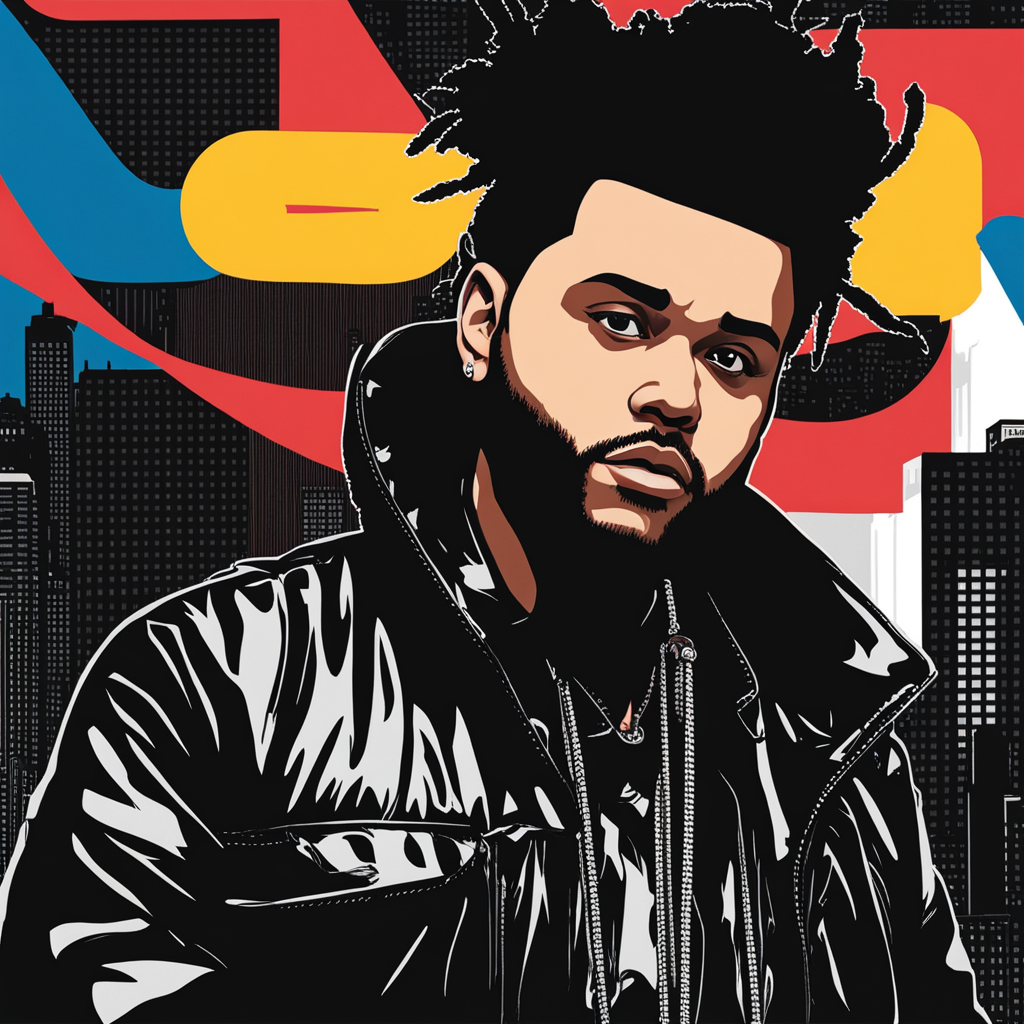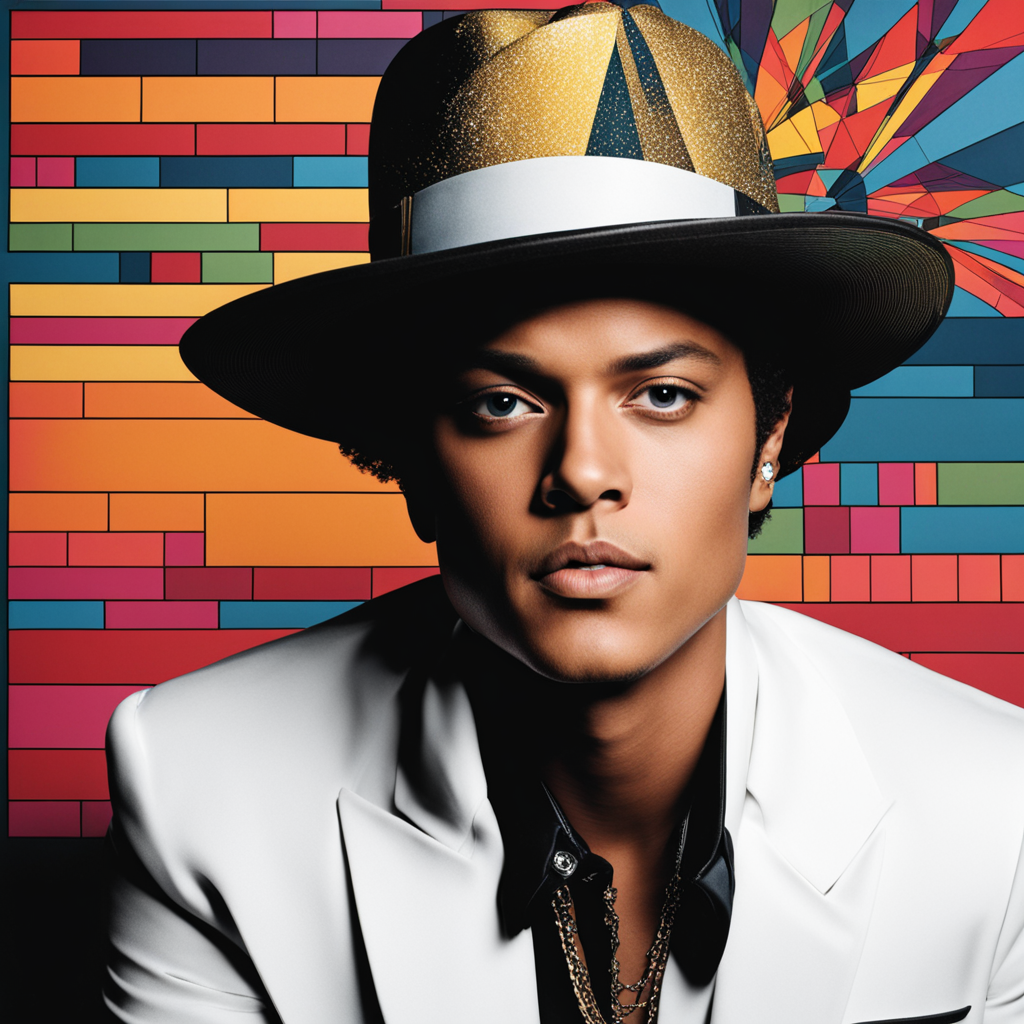Patti Smith: Punk Rock’s Poet Laureate
Patti Smith: Punk Rock’s Poet Laureate
Patti Smith, often hailed as the “Godmother of Punk,” carved her own path in the tumultuous world of rock and roll. Beyond the leather jackets and raw guitar riffs, Smith emerged as a poet, a trailblazer, and a voice for the disenchanted youth. Let’s dive into the spirited journey of a woman who redefined the music scene with her unique blend of poetry and punk.

The Early Days: An Outsider Finds her Voice
Patti Smith’s journey into the world of music was unconventional, much like the punk movement she would later champion. Growing up in a working-class family, she found solace in the written word, immersing herself in the works of poets and writers who spoke to the outsider in her.
Personal Anecdote: Discovering Patti’s Poetry
I vividly remember stumbling upon Patti Smith’s poetry during my college years. Her words, like a sonic boom of rebellion, resonated with the inner rebel in me. It was as if she had penned verses that echoed the sentiments of a generation seeking a voice amidst the chaos.
Horses: A Debut that Echoed Loud
In 1975, Patti Smith, along with her band, released “Horses,” a debut album that defied categorization. It wasn’t just music; it was a sonic manifesto that fused rock, poetry, and a rebellious spirit. The opening track, “Gloria,” with its unapologetic lyrics, set the tone for a musical revolution.
Personal Connection: An Anthem for Rebellion
Listening to “Horses” for the first time felt like stumbling upon a secret world of rebellion. The raw energy and unfiltered lyrics became my personal anthem for pushing against the norms. Patti’s voice, part singing, part spoken word, was a revelation that music could be more than just entertainment – it could be a force of change.
The Poetry of Punk: Patti’s Unique Style
Patti Smith’s fusion of poetry and punk was groundbreaking. Her performances were a visceral experience, with her unabashedly poetic lyrics delivered with a raw intensity. She wasn’t just singing; she was channeling the angst, dreams, and frustrations of a generation.
Personal Anecdote: Attending a Patti Smith Concert
Attending a Patti Smith concert was a transformative experience. Her presence on stage was magnetic, and as she recited verses that seemed to emanate from the soul, I felt a sense of connection to a larger narrative of rebellion and self-discovery.
Punk as Protest: Patti’s Activism
Beyond the stage, Patti Smith embraced activism, using her platform to address social and political issues. She became a voice for those marginalized and disenfranchised, embodying the spirit of punk as a form of protest and social commentary.
Personal Connection: Inspired to Speak Up
Witnessing Patti’s commitment to activism inspired me to use my voice for social change. Her example reinforced the idea that art and music could transcend mere entertainment, serving as a powerful tool for advocating justice and equality.
Legacy and Influence: Patti’s Enduring Impact
Patti Smith’s influence extends far beyond the punk rock scene. Her poetic approach to music paved the way for artists who dared to defy conventions. Decades later, her impact on the cultural landscape can be heard in the echoes of punk and felt in the pulse of artists unafraid to challenge the status quo.
Personal Anecdote: Passing the Torch of Rebellion
As I introduced Patti Smith’s music to younger generations, I saw the spark of rebellion ignite in their eyes. The legacy of punk, as embodied by Patti, continues to inspire new voices to rise against the tide, proving that the poetic spirit of rebellion is timeless.
Conclusion: Patti Smith’s Unapologetic Poetic Rebellion
In conclusion, Patti Smith’s journey from an outsider with a pen to the “Godmother of Punk” is a testament to the transformative power of unapologetic self-expression. Her fusion of poetry and punk not only redefined a genre but also ignited a cultural revolution that echoes through the chords of rebellious spirits today. Patti Smith remains, and will always be, punk rock’s poet laureate – a maverick who showed the world that sometimes, to make music, you first have to make noise.


